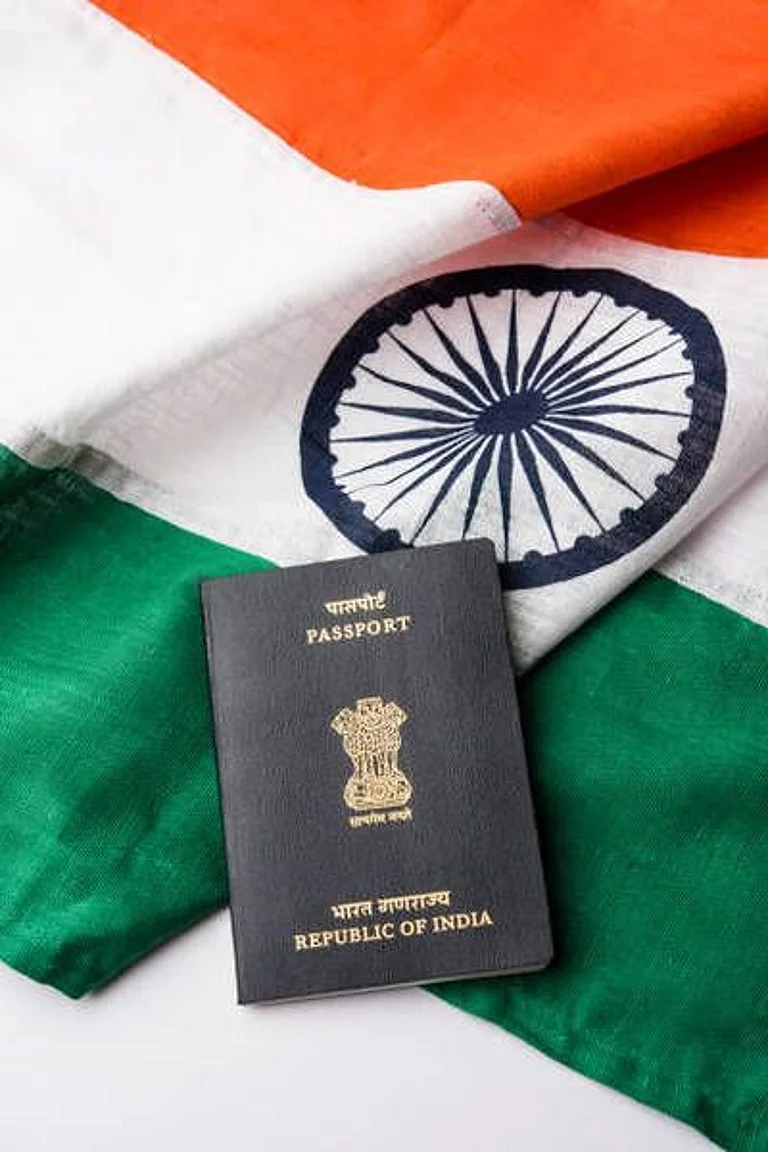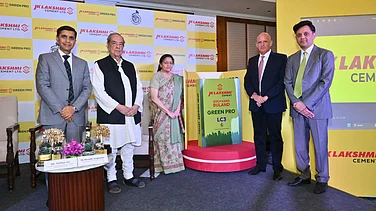On a brisk winter morning, frequent business traveller, Ananya Dey checked into a hotel room bracing for a day packed with promising meetings. But first things first, she scribbled a note for the housekeeping staff to not change her towels every day. It takes 15 gallons of water to wash every bath towel. Ananya knew this and was determined to do her bit to check the colossal and avoidable waste.
As environmental consciousness spreads, slowly, almost imperceptibly the world over, Ananyas everywhere are starting to say no to waste. On their hit-list are all single-use items from throwaway bathroom slippers and plastic straws to mini cosmetic bottles and profligate water use. Disposable slippers, a symbol of entitlement at most luxury hotels, are seen as a particularly blatant symbol of environmental excess. "Anything single-use is problematic," says Willy Legrand, a sustainable hospitality expert.
To blunt the criticism, hotels are adopting alternatives like jute, bamboo, or recycled plastic slippers or encouraging guests to take them home to curb wastage. This is producing results, with many travellers opting to reuse them on long flights or take them home. “This may not count for much, but it does represent a small yet meaningful shift in behaviour,” says Legrand.
Beyond hotels, many tourists are becoming increasingly conscious of their impact on local populations, cultures and ecosystems. A recent Booking.com global survey of 31,000 travellers found that 71 per cent of respondents “want to leave the places they visit better than when they arrived.” Eighty-three percent said that sustainable travel is important to them. According to a Trip.com survey, three in four travellers expect ‘clearly labelled’ sustainable options when booking stays and trips online and around 72.4% prefer ‘sustainable offerings’.
Rajeev B, a frequent traveller and long-time trekker, echoes the Booking.Com study: “To me travel means leaving places cleaner than I found them. I always carry a waste bag to dispose of litter safely. I wasn’t always this mindful, but travelling and connecting with nature have made me more responsible.”
Although such surveys represent a fraction of global travellers, their message is clear. Says an industry expert, “Even if just 1 per cent of the billions who travel for pleasure modify their behaviour, the environmental dividend would be huge.”
He is right. The travel and tourism industry account for nearly 12 per cent of global emissions, with hotels alone contributing 20 per cent of this. A Harvard Business School study attributes 70-80 per cent of travel-related emissions to tourist behaviour. Therefore, even tiny changes in tourist choices with respect to travel, accommodation, food and activities can significantly mitigate the sector’s adverse environmental impact.
The upside is that like Ananya and Rajeev, a growing number of travellers are becoming mindful. Shweta Kataria, a sustainable lifestyle influencer and traveller, says “I prefer booking Airbnbs and homestays while travelling as I find them more conscious than the big hotels.” Most of the places she has stayed at in the country have moved from disposable toiletries to refillable soaps and shampoos—a clear shift to green practices.
As travellers wake up to the social effects of tourism, travel businesses are responding in kind, helping visitors maximise the positive — and minimise the negative — impacts of their trips. For example, ELIVAAS, a Delhi-based luxury villa and homestay entity claims that its entire business and identity is built around sustainability. "Apart from being paperless and offering a completely digital booking experience, we are designing a sustainability score for each of our properties to enable clear understanding among consumers about our eco-friendly practices," says its founder Ritwik Khare. In keeping with the changing sentiment of travellers, the brand keeps its guests informed about its green endeavours including its efforts to conserve water and use eco-friendly materials.
Prominent industry player Thomas Cook and its subsidiary SOTC Travel are adapting to the shift by embracing sustainable practices. But there are limits to the distance they can go, given how price sensitive the market is. Says Amit Madhan, President & Group Head-IT and e-business at Thomas Cook & SOTC Travel: “Sure, sustainability is gaining traction in domestic travel, but the costs involved are still a major factor.” Despite this, Madhan’s company is staying the sustainability course as “international tourists are far more willing to pay a premium for eco-friendly hotels, organic dining and carbon neutral flights.”
The global move towards sustainable tourism is as much about consumer demand as it is about changing perceptions. As Shweta Kataria points out, the onus really is on the travellers to make more responsible choices. “Even if hotels load up your washroom with mini toiletries you can refuse them by saying that you are carrying your own or by asking for refillable options.” The real impediment to widespread adoption of green alternatives in India is the general lack of awareness about sustainable practices among tourists.
Moreover, as Rajeev explains, how a tourist treats a destination depends to a large extent on local regulations. “A tourist who casually litters at a beach in Goa or Mumbai would not do so at Gold Coast. I can say that from my personal travel experience.” This highlights the importance of government involvement in enforcing responsible tourism practices, with shared responsibility across both policymakers and consumers.
As travellers and businesses increasingly embrace sustainability, the government, too, is stepping in with initiatives to encourage the tourism sector to adopt greener practices. The ‘Travel for LiFE’ programme is a good example. Launched by the Union Ministry of Tourism under Mission LiFE, this initiative aims to drive large-scale behavioural change among both tourists and tourism businesses and give a powerful impetus to environmental protection and climate action. Complementing Travel for LiFE are Government schemes like Swadesh Darshan and PRASHAD, which are designed to support transition.
The former focuses on developing thematic tourist circuits with sustainability at its core, while the PRASHAD Scheme works to enhance pilgrimage and heritage sites and promote environmental conservation with the involvement of local communities. A standout example is Kerala's Responsible Tourism Mission (RTM), which promotes community-driven tourism, generates local employment, and supports sustainable business models, illustrating how government policies can empower local communities and foster sustainable tourism development.
Much more than a niche trend, sustainable tourism is now a growing movement powered by conscious travellers, responsive businesses, and government initiatives. Despite several challenges the momentum is undeniable, as more travellers like Ananya, Shweta and Rajeev make mindful choices, supported by businesses and policymakers. Sustainable tourism is not just about reducing harm—it’s about leaving a positive impact, ensuring that future generations can explore and enjoy the world responsibly.

































